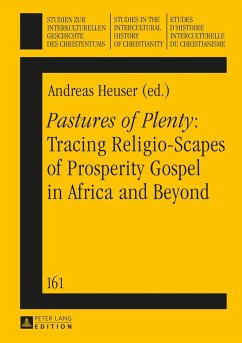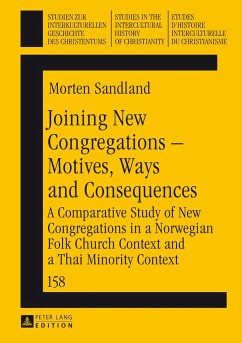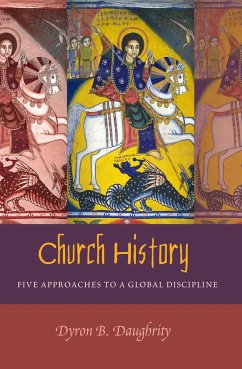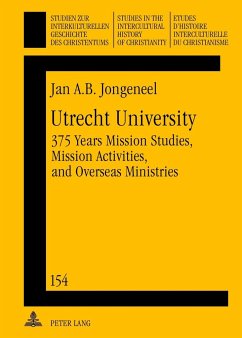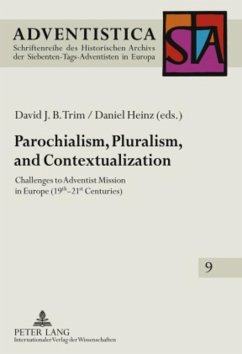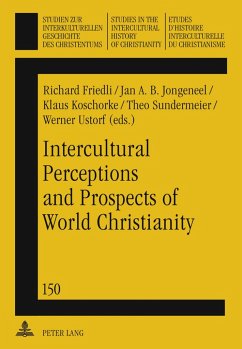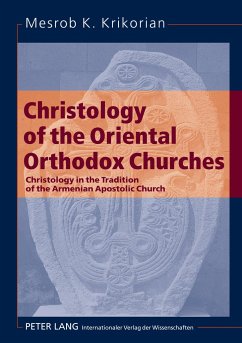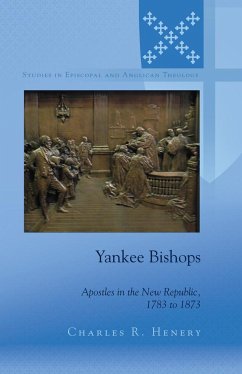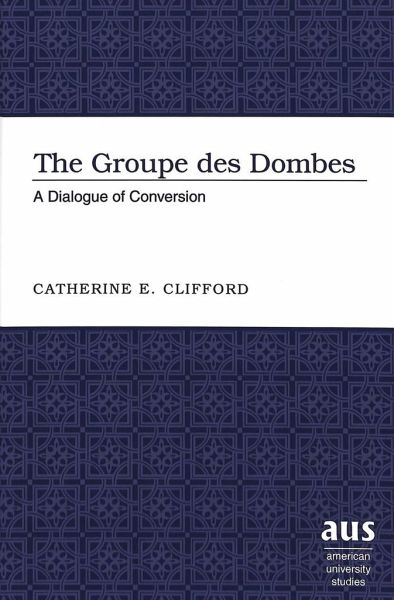
The 'Groupe des Dombes'
A Dialogue of Conversion
Versandkostenfrei!
Versandfertig in 6-10 Tagen
97,20 €
inkl. MwSt.

PAYBACK Punkte
0 °P sammeln!
This book explores the unique and substantial contribution to reflection on conversion and Christian unity by the Groupe des Dombes, a Reformed-Lutheran-Catholic dialogue in French-speaking Europe. Catherine E. Clifford traces the development of the dialogue from its founding in 1937 by Abbé Paul Couturier and its contribution to ecumenical consensus on eucharist, ministry, sacraments, episcope, the papacy, and Marian doctrine and devotion. The theme of conversion grounds the ethos of the Groupe des Dombes, marked by a deep appreciation of the interdependence of common prayer, theological dia...
This book explores the unique and substantial contribution to reflection on conversion and Christian unity by the Groupe des Dombes, a Reformed-Lutheran-Catholic dialogue in French-speaking Europe. Catherine E. Clifford traces the development of the dialogue from its founding in 1937 by Abbé Paul Couturier and its contribution to ecumenical consensus on eucharist, ministry, sacraments, episcope, the papacy, and Marian doctrine and devotion. The theme of conversion grounds the ethos of the Groupe des Dombes, marked by a deep appreciation of the interdependence of common prayer, theological dialogue, and the promotion of ecclesial reform and renewal. The Groupe des Dombes' theological method, which leads to calls for the revision of both judgments of the past and of present theology and practice, suggests that the elaboration of ecumenical consensus, while significant, is but a first step toward the reconciliation of the churches. This is an important book for anyone engaged in ecumenical study and dialogue.





